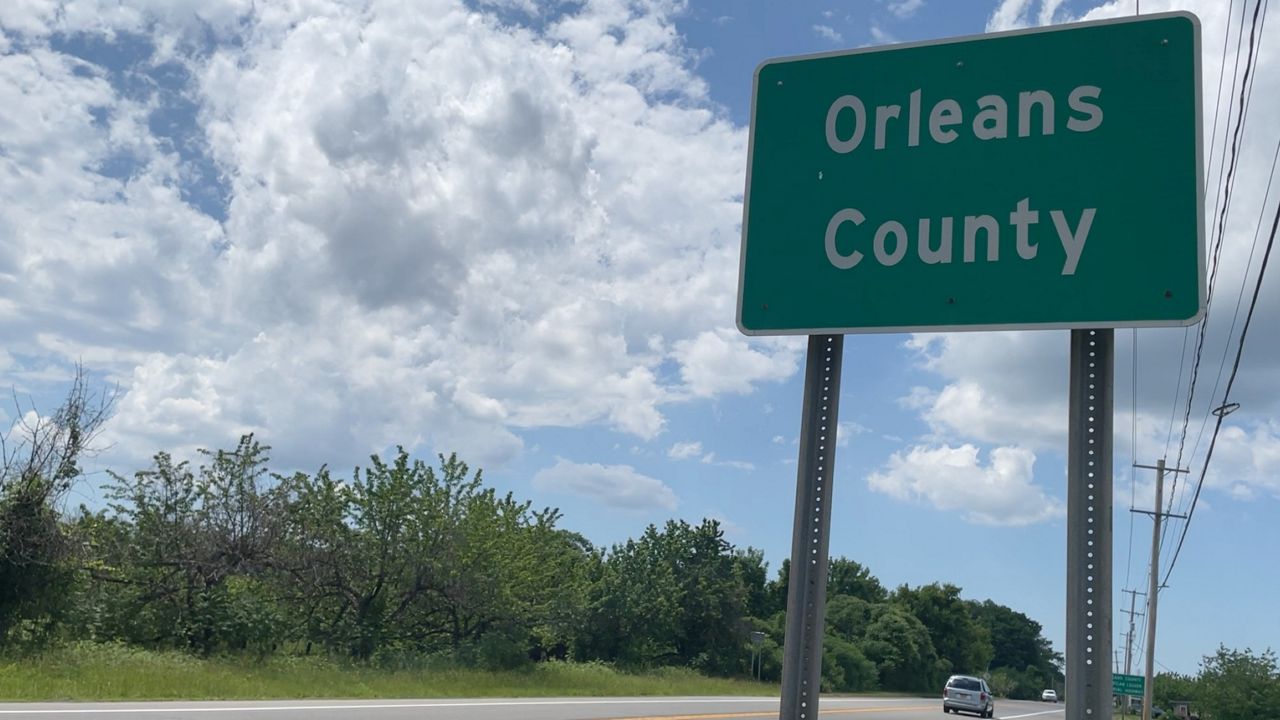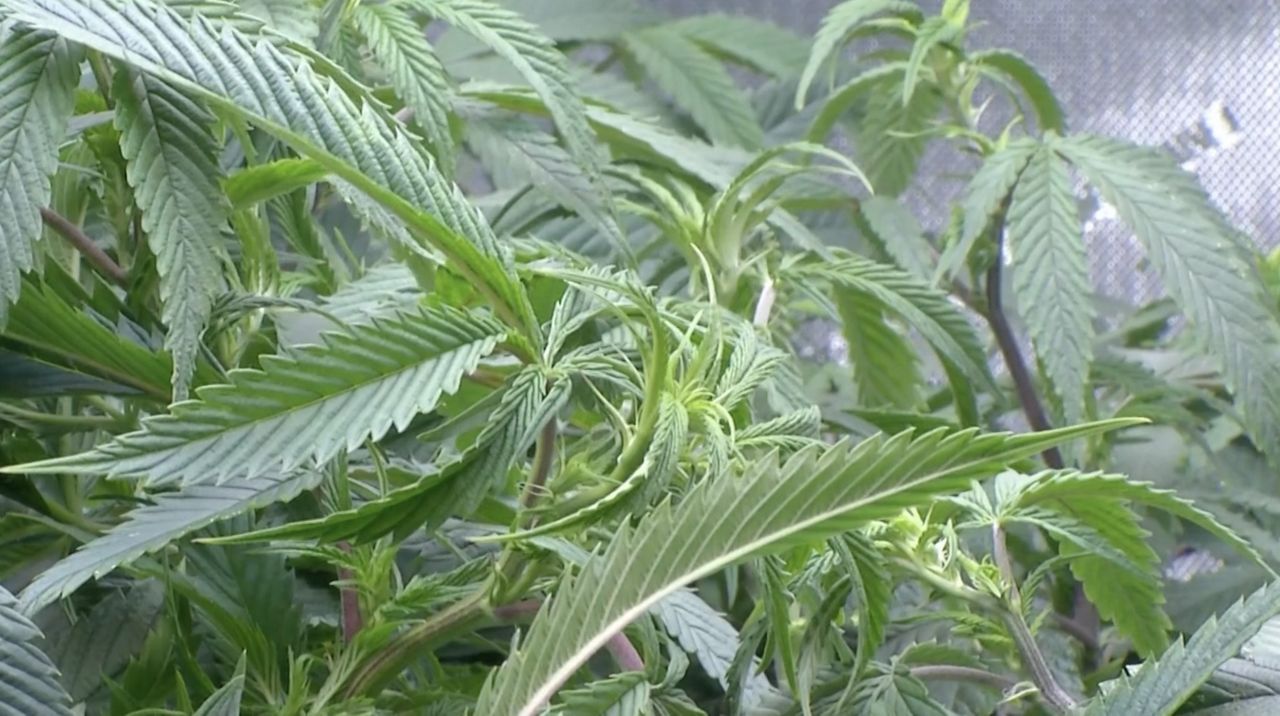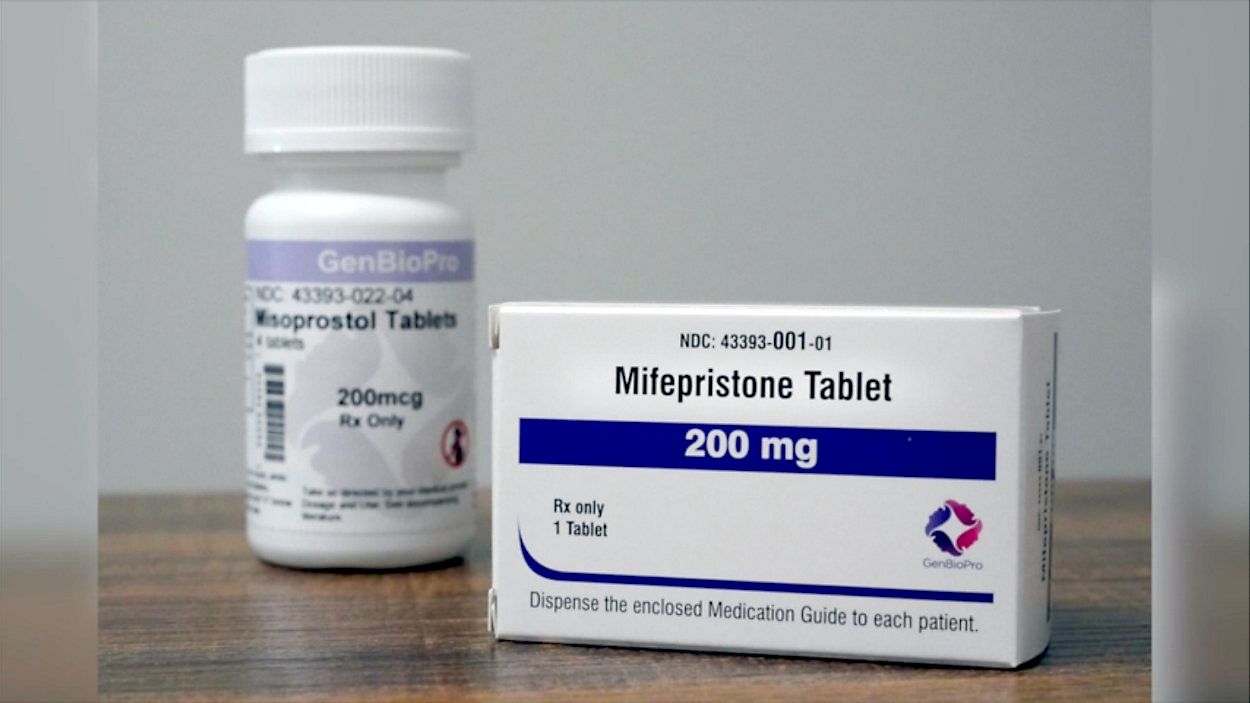The American Trucking Association estimates the U.S. trucking escort was 78,000 drivers short in 2022 which is down from the record-setting 80,000 shortage in 2021.
The opportunity to become a truck driver is exciting to commercial driver's license candidates like Zeke Gross.
“I’m finally doing it,” Gross said. “You know, I take my road test next week. I definitely feel well prepared.”
He says he’s wanted to become a truck driver for years because he says it would provide him and his family with financial stability. So for the past month, he's been taking classes at the Professional Driver Institute to learn the skills he needs to get his CDL license. In order to get the license, he needs to be able to maneuver a truck safely, pass a background check, be at least 21 years old, and pass a drug test.
“If you happen to fail that test, you’re going to lose your job,” said PDI general manager Kelly Phalen. “You’re going to be on a list, a do not hire list for years.”
Phalen says before enrolling any candidates to their school, she makes sure they all know what will be required of them to succeed with PDI.
"You can’t have it in your system,” she said. “It hinders the pool of people we can pick from. It’s hard.”
She says some of the reasons for the past few years of truck driver shortages have to do with New York states's legalization of marijuana.
"People just seem to know the regulations,” Phalen said. “They don’t know that the federal government supersedes the state level. You know, it’s nice that it’s legal in New York, but if you cross federal if you cross state lines and go into California as a driver, you’re still under the federal guidelines.”
Oftentimes, part of the job as a truck driver is driving across the country to other states where marijuana is not legal. So whether it’s medical or recreational use, the federal requirement says truckers have to give it up, which can be difficult for some candidates to get on board with.
“I do not agree with certain jobs not being able to not smoke marijuana outside of health care issues,” Gross says.
Another part of the job is long hours away from home, and Gross says after days on the road, time off should actually be time off.
"If I'm coming to my job and I tell my employer say, ‘Hey, I cannot smoke.’ OK. But when I’m off of work, I should be able to smoke,” he said.
Regardless of his stance, Gross understands what this opportunity will mean for him and his family, and he follows the federal guidelines to maintain his status with the Professional Driver Institute.
"Opportunities definitely are, you know, presented at my table,” he said. “You know, I'm definitely going to snag one of them.”









